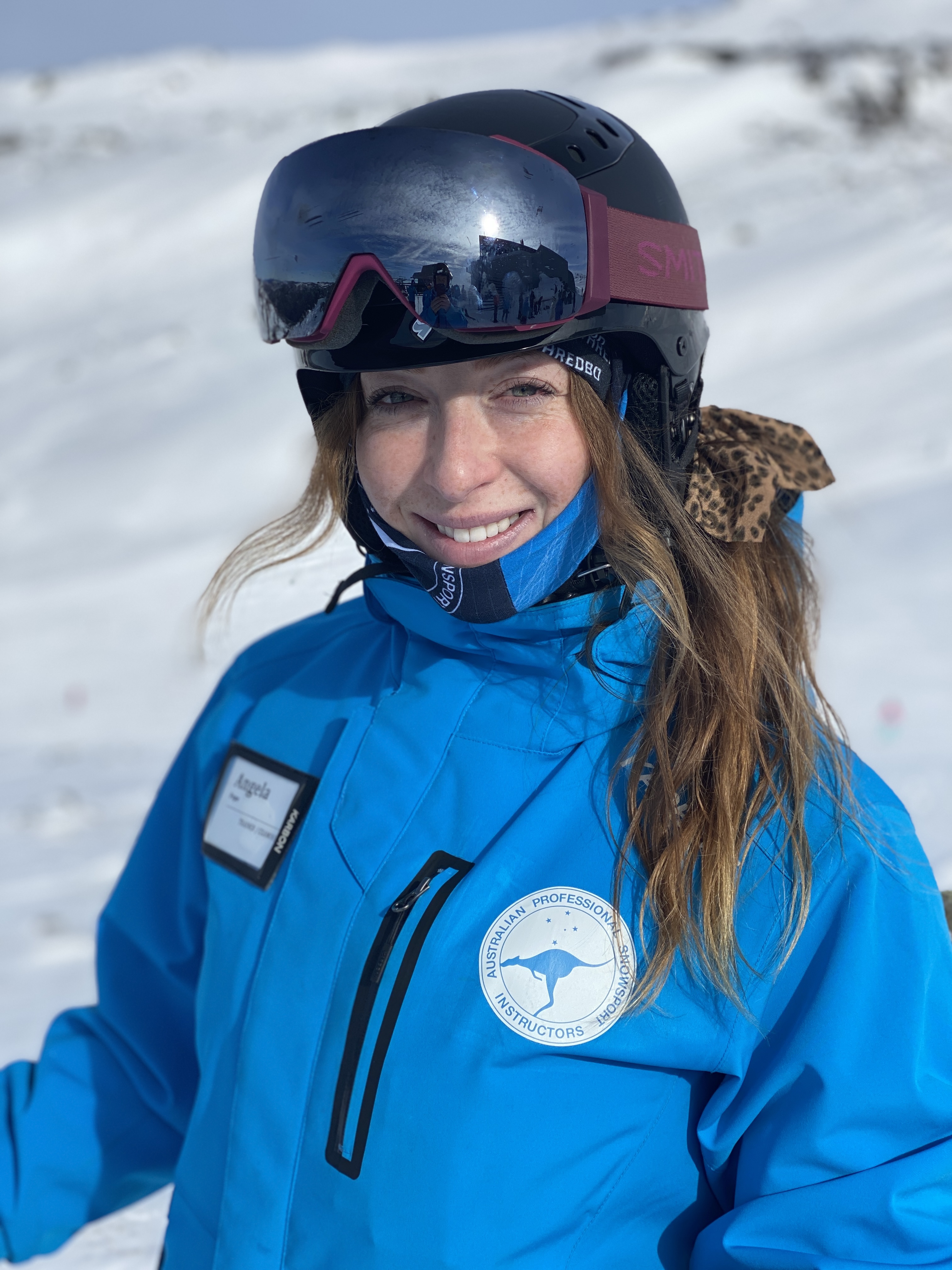 |
USA | Increasing Gender Equity in Snowsports Instruction |
By Angela Pope
Ann Schorling of the Professional Ski Instructors of America (PSIA) team’s keynote presentation was an inspiring call to action for the snowsports industry to increase gender diversity and equity in leadership and instruction. Delivered to a full auditorium she highlighted, despite widespread recognition of the need for change, women still account for less than 40% of skier visits worldwide and only about 20% of level 3 alpine instructors in the United States, the UK, and Canada. This lack of diversity has remained largely unchanged over the past 20 years, despite efforts to address the issue.
However, Ann's presentation was not just a bleak portrayal of the current situation but an uplifting vision for a more inclusive and welcoming snowsports community. The presentation emphasized the importance of increasing diversity in snowsports leadership and instructors to broaden perspectives and increase relevance to a wider population, allowing more people to envision themselves as part of the snowsports community. Her presentation was underpinned by statistics and research and to this end, initiatives have been created to support gender equity, such as scholarship opportunities, affinity training, and more accurate reporting of the gender gap in certification.
Ann's work in Big Sky Resort, MT exemplifies the kind of community-based approach that is needed to address gender bias and increase opportunities for female advancement. Through conversations and storytelling, she helped identify obstacles to female progress and supported Big Sky Resort in identifying future areas for change. Her research revealed that gender bias in lesson assignments and minority status affected the development of women. This type of gender bias in lesson assignments is a significant issue. Lessons are often assigned based on gender bias, with physically challenging lessons given to men and emotionally challenging lessons given to women. Men are more likely to get high-level technical lessons, while women are often relegated to lower-end or children's lessons. Minority status also affects the development of women in the industry.
To address these barriers, supervisors can track actual work distribution, set goals with instructors, and manage guest requests. One example of managing guest requests is to change the narrative with not promising a female instructor, but rather asking what skills and qualities of the instructor the guest is looking for specifically and then matching accordingly.
Role models, mentors, and advocates are also crucial for female progress in the industry. Females look to other females in higher positions as an example to be imitated. For greatest success, mentees should choose their own mentors. Ann used her own example where it was suggested to her that she should share her research findings with a keynote. From attending Interski in Bulgaria in 2019 for the first time, Ann never thought she would be presenting the largest attended keynote lecture at the next Interski to a full auditorium.
Ann's keynote was a powerful reminder of the importance of continuing to address gender equity and diversity issues in the snowsports industry. With increased diversity in snowsports leadership and instructors, the industry can continue to grow and evolve, remaining relevant and accessible to a wider population. The work of the APSI’s ‘Advancing Women in Snowsports’ (AWS) committee reflects some of the initiatives that PSIA has implemented and reflects the continued advocacy of its work. Let's all strive towards creating a more inclusive and welcoming snowsports community, where everyone can find a place to belong and thrive.